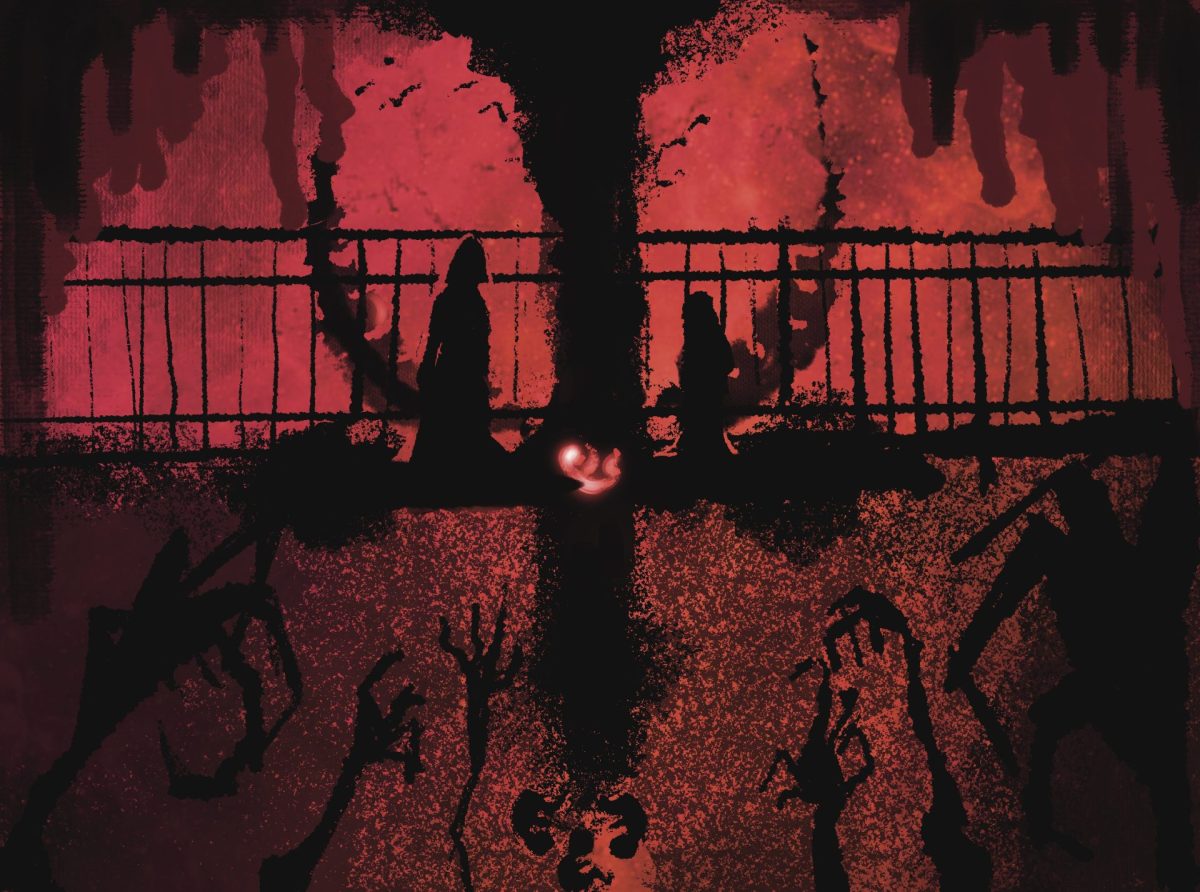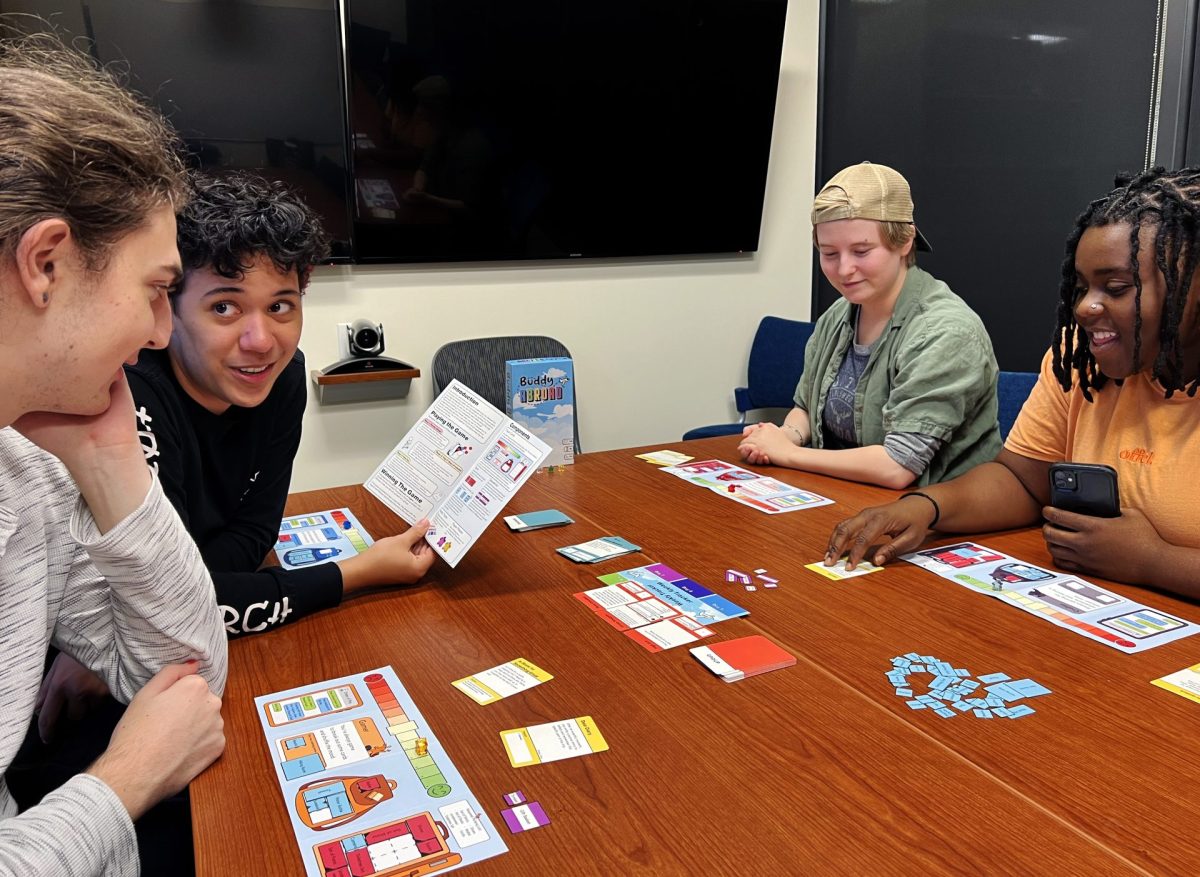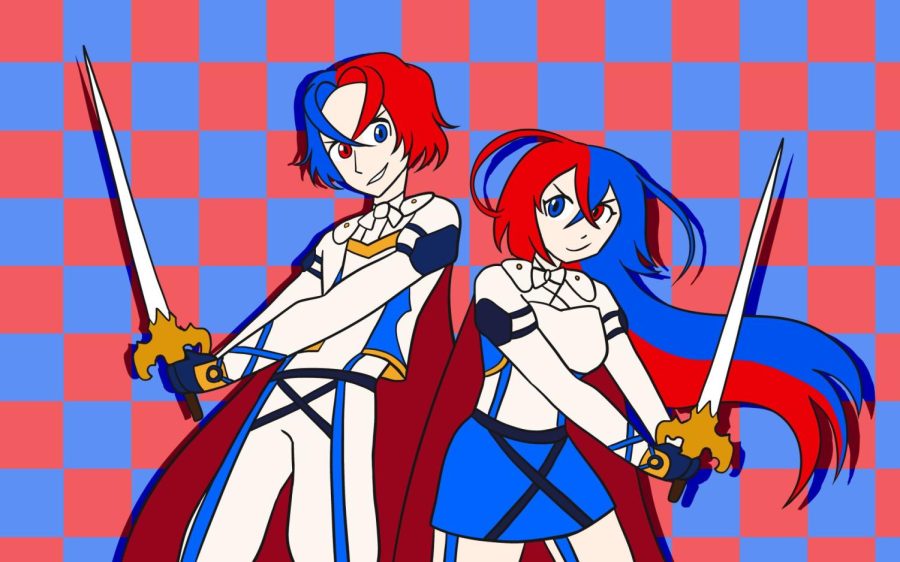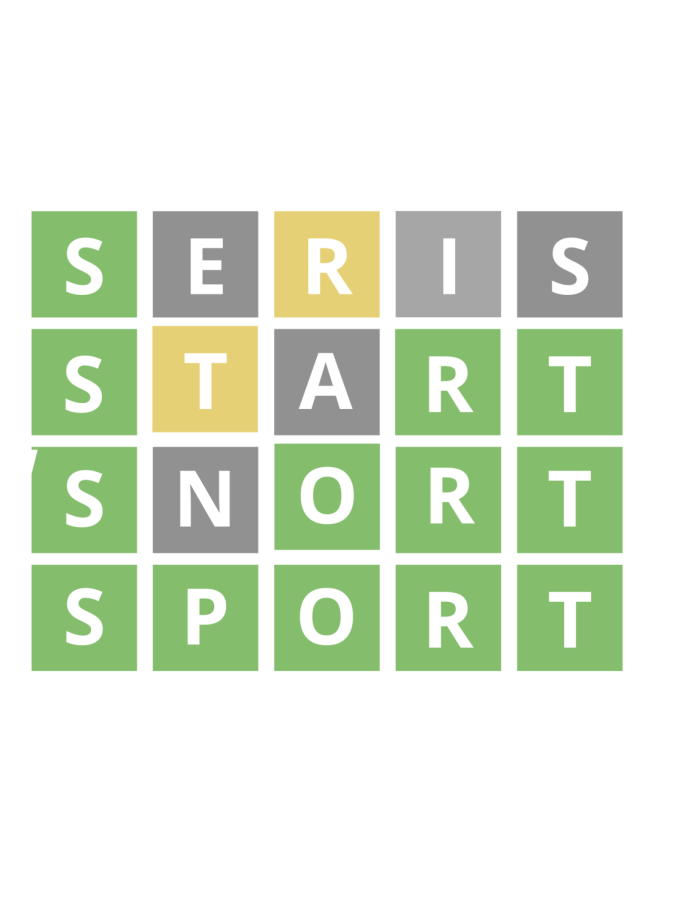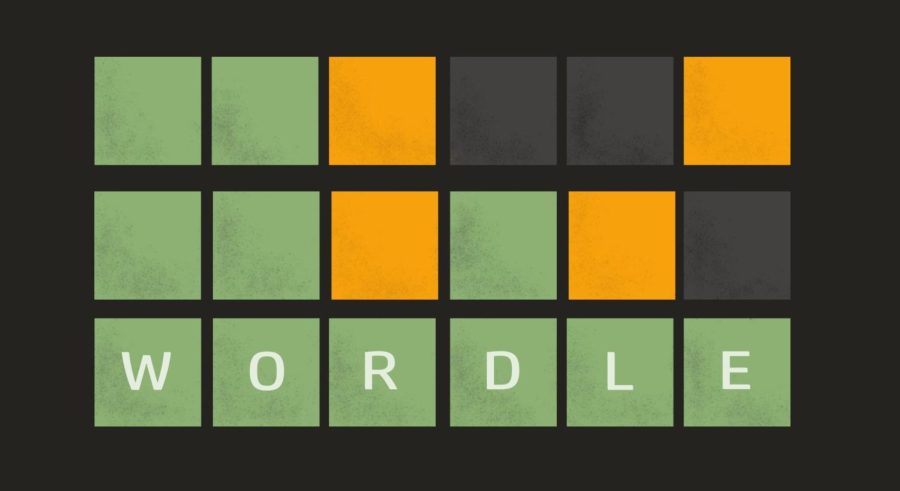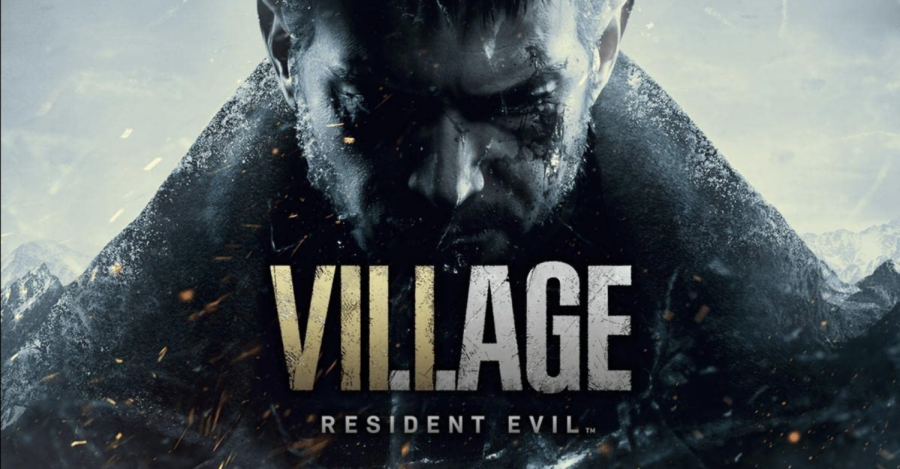
The Staples Center, one of the most glamorous arenas in the United States, is sold out once again.
Fans pack in wearing hats, T-shirts and jerseys for their favorite player and team.
The crowd chants, applauds, oohs and aahs at the big plays of the game, cheering exasperatingly for the winners as they put the finishing touches on a tough match.
The teams shake hands; the winners conduct interviews and the analysts and commentators break down the defining moments of the competition.
But, this isn’t a Lakers, Clippers or Kings game, the three teams that call Staples Center home, this is a “League of Legends” tournament (or “LoL”), the fastest growing E-Sport in the world.
Simply put, Electronic Sports or E-Sports, is simply competitive gaming.
But it’s not really that simple.
Long gone is the “Ms. Pac-Man,” “Centipede” and “Donkey Kong” battles for the highest score that made documentaries like, “The Kings of Kong: Fistful of Quarters,” popular.
Now they are replaced with “StarCraft,” “DotA 2” and “League of Legends” tournaments that regularly pay winners anywhere from the lower six figures up to just more than $1 million dollars.
And yes, you read that correctly.
This isn’t a group of kids betting their allowance on a game of “Mario Kart” — this is the big leagues.
“The minimum salary is $30,000 per player, except with sponsorships and twitch streaming revenue, they often get more,” DePaul senior Harrison Fang said.
Fang is a digital cinema major, and manager of DePaul’s inner collegiate “League of Legends” team who is trying to help put DePaul on the E-Sports map.
“My goal is to really get the E-Sports scene here at DePaul going,” Fang said.
These aren’t pickup games at your neighborhood park either. These are league games and tournaments with a lot at stake.
According to esportsearnings.com, the top earning “League of Legends” players made over $200,000 in 2013.
And these are teams with a full roster of players, each with a defining role.
From your supports, think of a point guard like a Steve Nash, but to attack and carry the team, think aggressive scorer like Kobe Bryant. Either way, all players know exactly what’s expected of them.
The competitions are worldwide and can be compared to the world cup of gaming, pitting nations against one another.
“You narrow it down to the top eight teams in every region, so you have worlds, university and then high school levels also,” DePaul senior Christopher Djaja said. “In between high school and the top eight there’s actually an amateur series.”
Djaja is a business and finance major at DePaul and the university’s “League of Legends” team leader.
Fang and Djaja met at DePaul through their passion for “League of Legends.”
After countless hours and gaming session inside the computer lab on campus, they decided to take “League of Legends” seriously and create a “LoL” community at DePaul.
Like any sports team, they have team practices where they go over game film and plays, and outings to promote cohesiveness among teammates.
“We have a regiment, we schedule practices and we have scrimmages with other universities,” Djaja said.
Even though Djaja and Fang are just now jumping into the competitive scene as a team, E-Sports is not a new phenomenon.
E-Sports started in 2000 and was mostly based around games that were first person shooters (“Call of Duty”), real-time strategy (“StarCraft”) and fighting games (Street Fighter).
With the introduction of MOBAs (Massive online battle arenas) like “DotA” came a wave of interest unlike any game before it, but it was the 2009 release of video game developer Riot Game’s “League of Legends” that changed it all.
“Riot, unlike any other company before, took the initiative to build an infrastructure for E-Sports and teams, so players wouldn’t have to be dependent off competitions that are randomly sponsored,” Djaja said.
With the growth of “LoL” has also come the growth in popularity of E-Sports and one key ingredient to the success of E-Sports is Twitch TV.
Twitch is a website that lets gamers live stream footage of their gameplay and has paved the way for pro gamers to earn an income off sponsorships.
Twitch also provided Riot an outlet to broadcast its tournaments, giving them international recognition and access to an even wider audience.
But don’t think that it stops there.
E-Sports has gotten so popular that one college in the United States is now giving out athletic scholarships to “League of Legends” players.
According to ESPN.com, Robert Morris University has recognized the rise of E-Sports and started giving players scholarships that covered 50 percent of the student’s tuition and 50 percent of their room and board.
“They have players who are in the top 200 on the North American ladder,” DePaul sophomore Gerard Lamb said.
Lamb is a digital cinema major and also the coach for DePaul’s A-team (kind of like the Phil Jackson to DePaul’s starting line up).
Though not every college is convinced of the legitimacy of E-Sports, players like Fang, Djaja and Lamb at Universities like DePaul are still trying to carve a piece of the pie out for themselves.
“We try to model it as a real sport, even though we’re not sponsored or anything yet,” Fang said. “We still want to play as if we are sponsored.”
With the help of Lamb, Djaja and Fang have started putting together a respectable group of players at the university.
“On our premiere team,all the players are in the top 1 percent of the community,” Fang said, referring to the “LoL” community.
Though Fang and Djaja may soon be gone, they have already set a strong foundation for DePaul’s future success in E-Sports with Lamb at the helm.
“We just want to show that DePaul has a real a good pool of players, a strong community,” Djaja said.
For that tournament that happened at the Staples Center last season, that sold out the first hour that tickets were available.
“Last years’ world championship had more viewers than the NBA finals and the PGA tour combined,” Fang said.


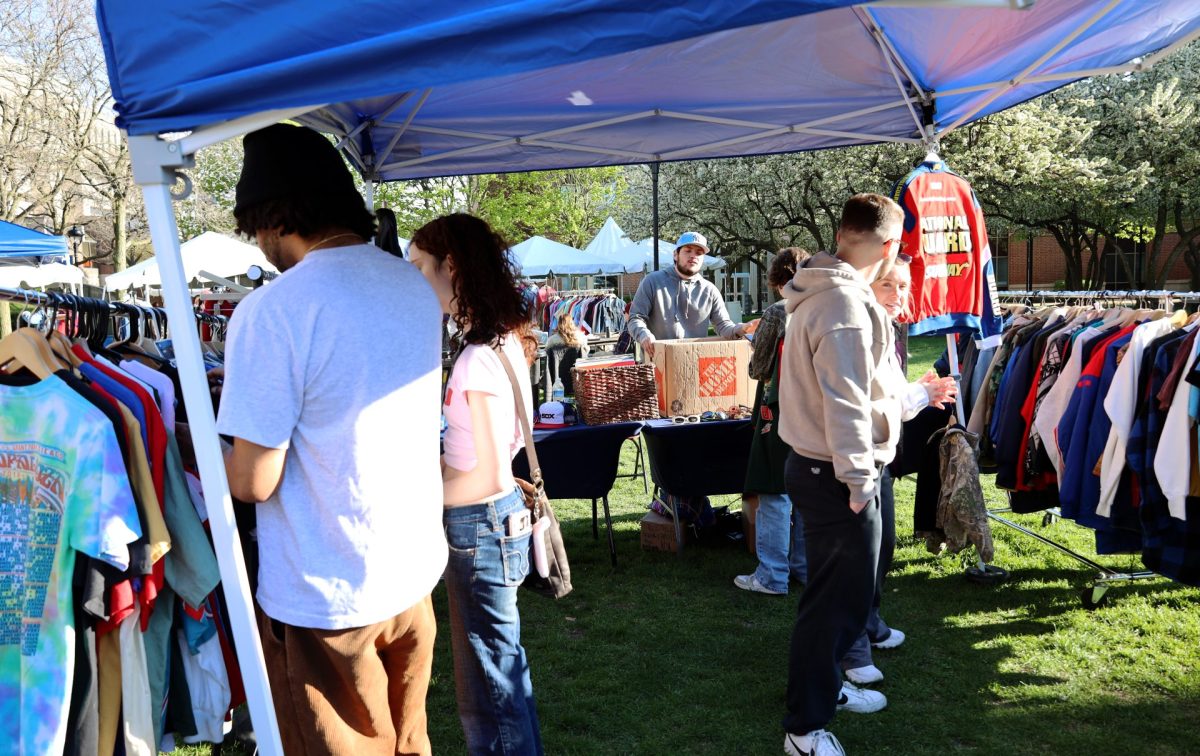
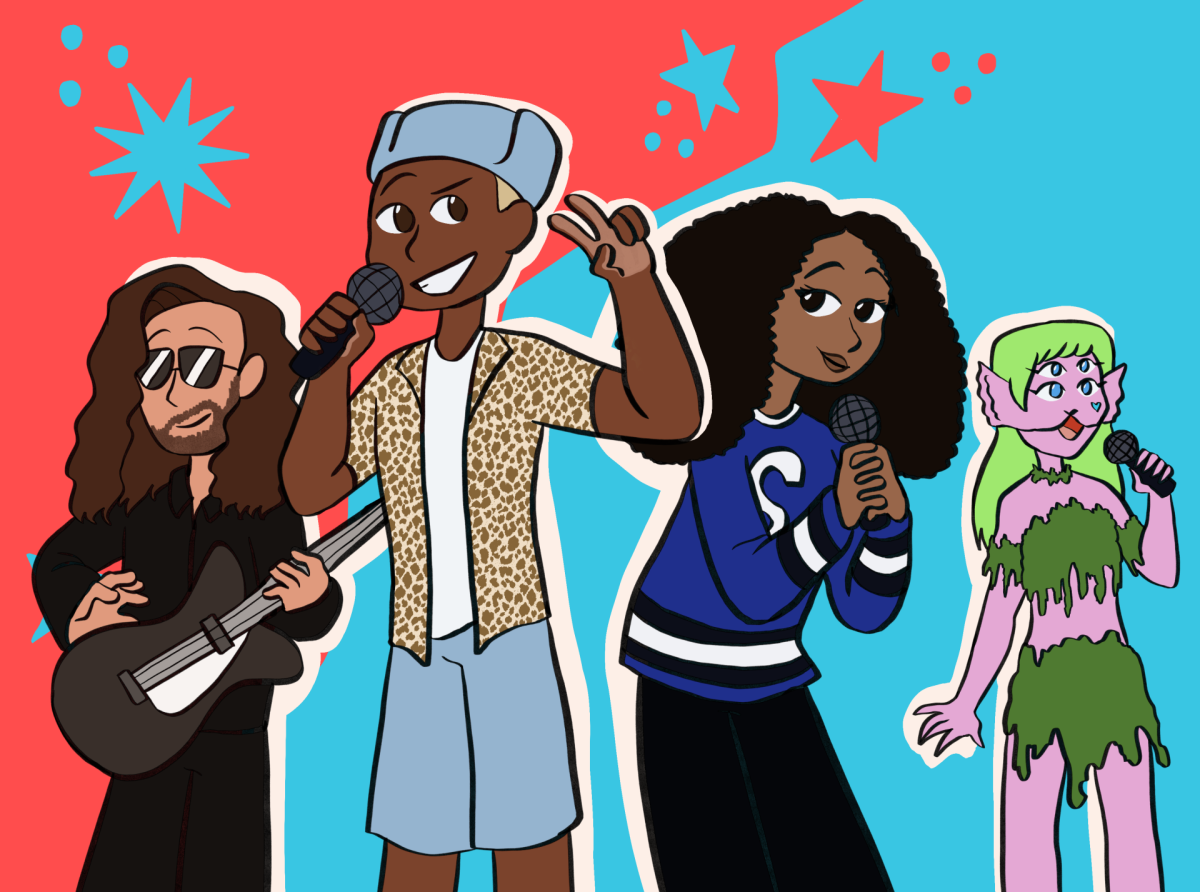
![DePaul sophomore Greta Atilano helps a young Pretty Cool Ice Cream customer pick out an ice cream flavor on Friday, April 19, 2024. Its the perfect job for a college student,” Atilano said. “I started working here my freshman year. I always try to work for small businesses [and] putting back into the community. Of course, interacting with kids is a lot of fun too.](https://depauliaonline.com/wp-content/uploads/2024/04/ONLINE_1-IceCream-1200x800.jpg)

